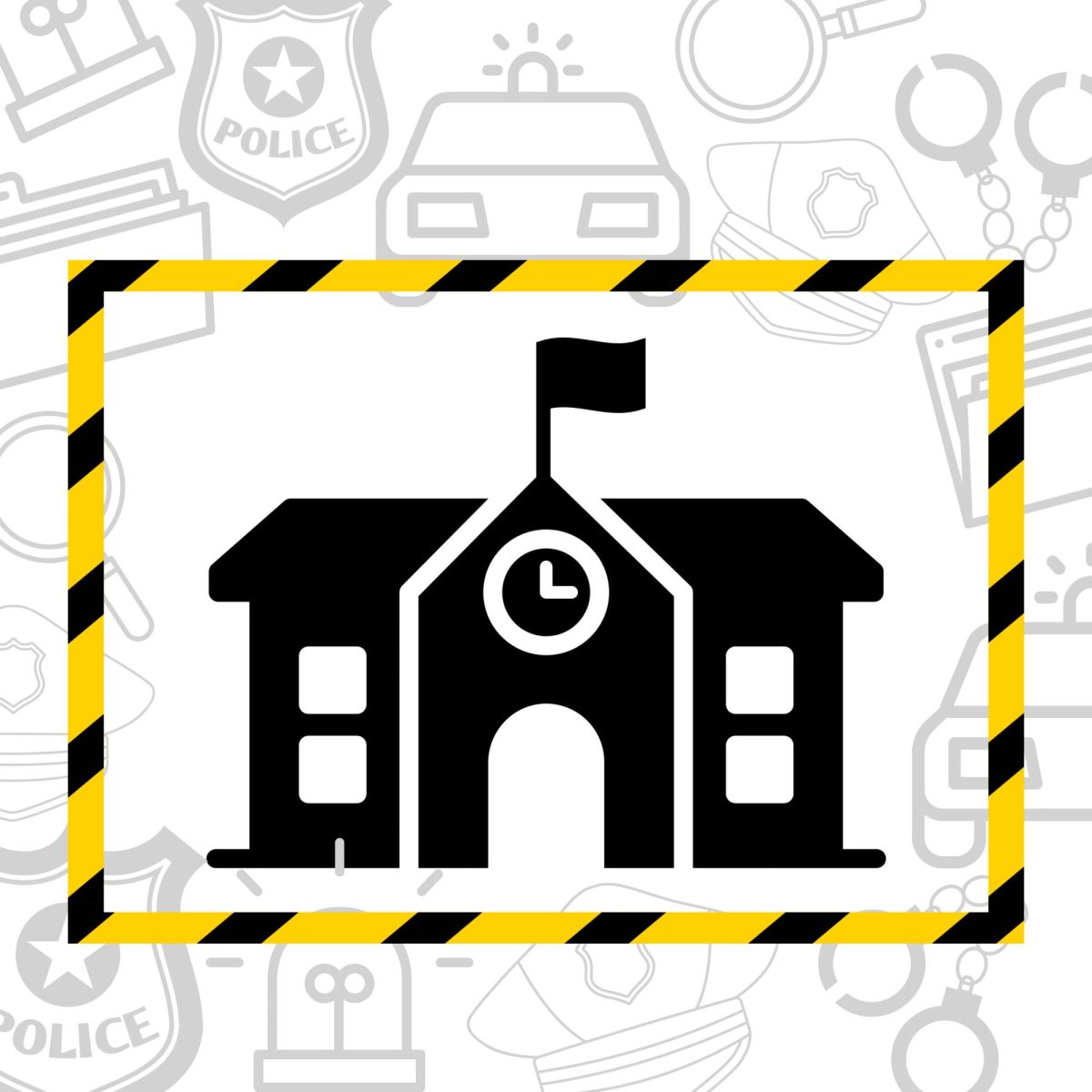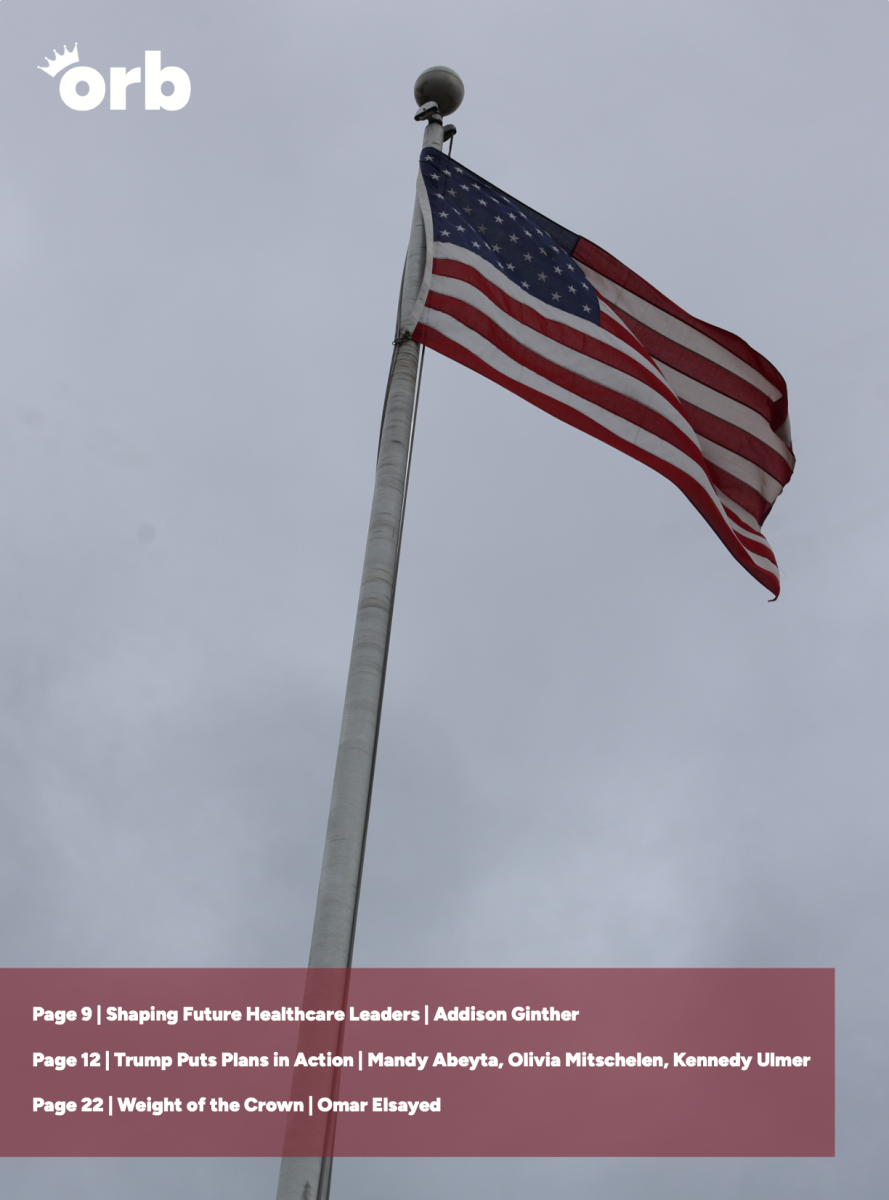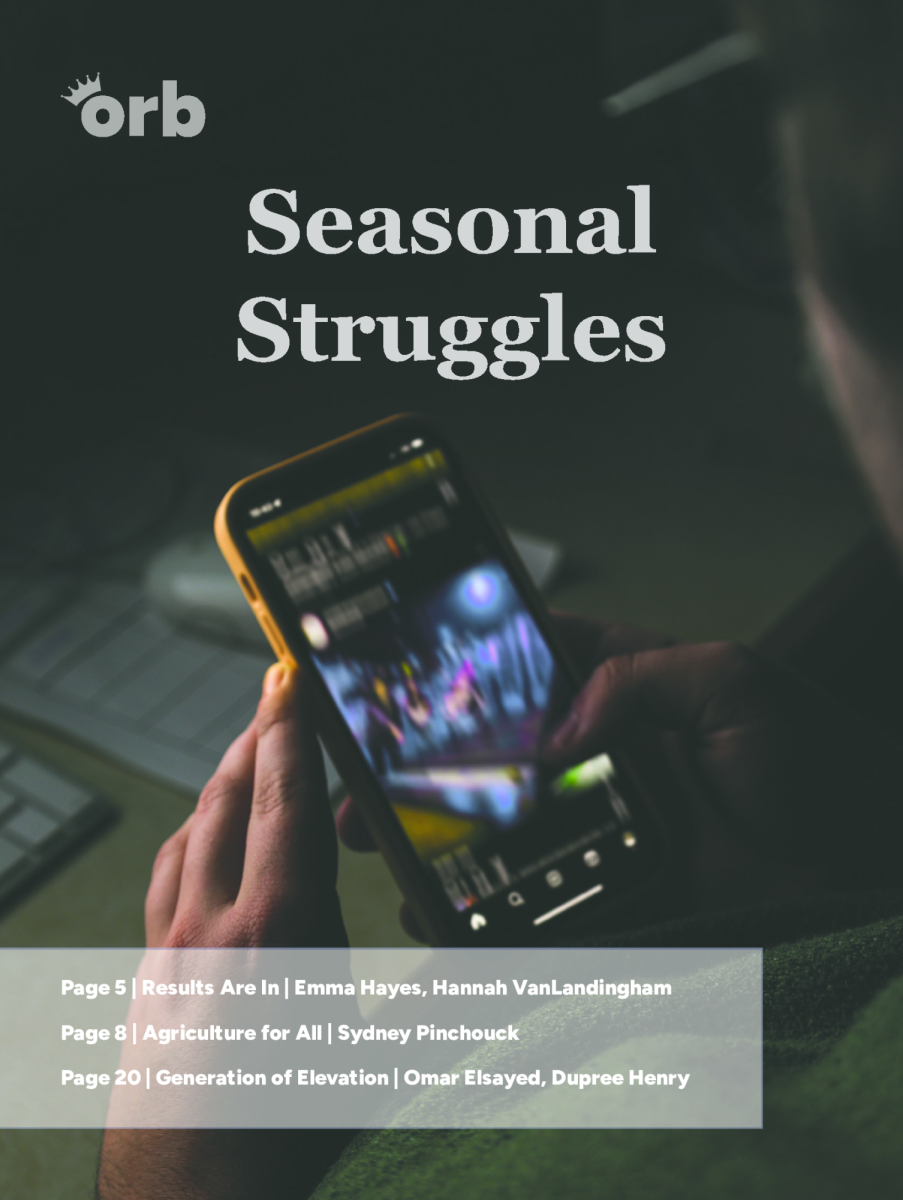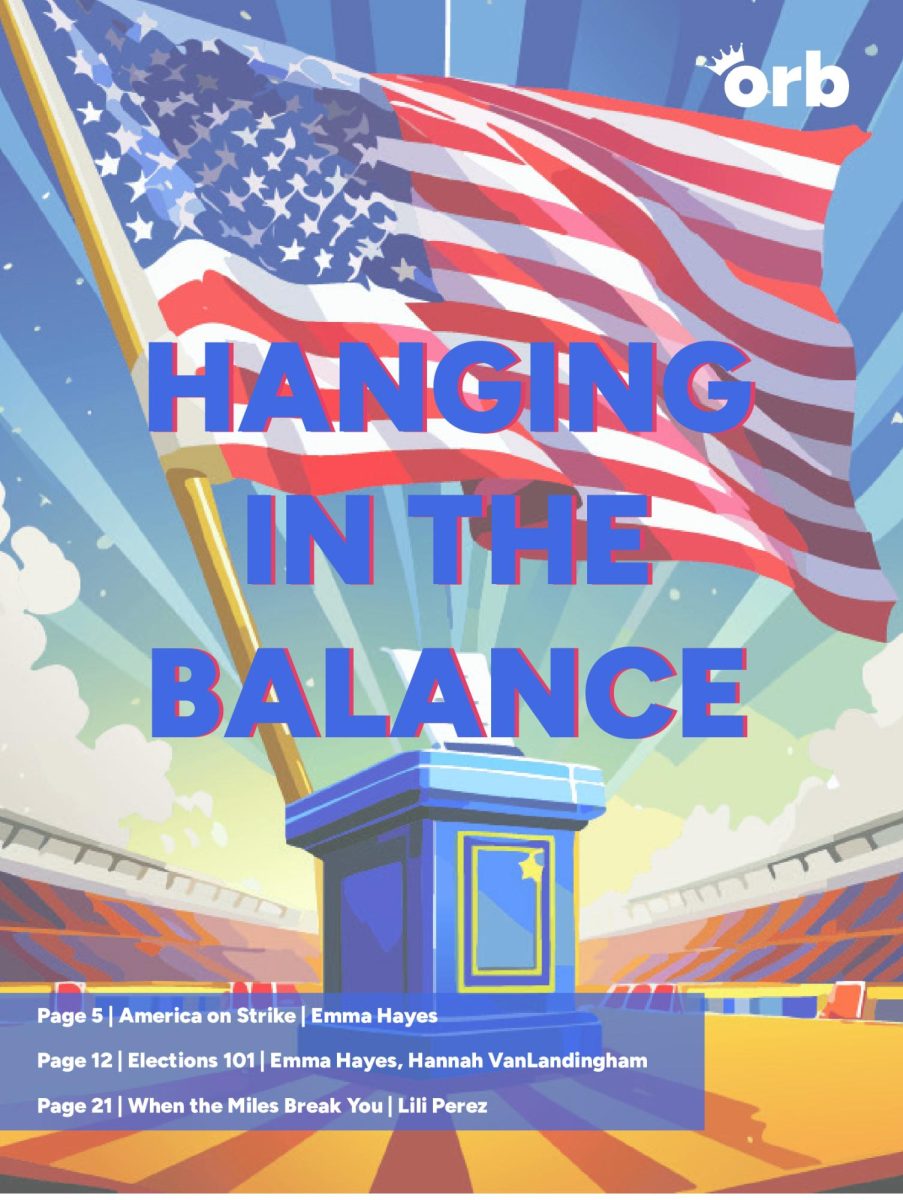Calm Down
Debate student’s opinion essay from Ms. Habig’s Debate class.
February 28, 2023
As a new driver, taking risks on the road is not something I particularly enjoy. Turning right while the light is red, turning left on a yellow flashing arrow, and turning out into cross traffic scare me enough already, so having the person in the car behind me honking and screaming does not help. Although all cautious drivers may not be new to the road, it is important to take into consideration the situation of the person traveling 3 miles per hour under the speed limit. The screaming child in the backseat or lack of directional awareness can cause them to drive more carefully than the road rager sees fit. Not only does road rage accomplish nothing but it can be dangerous to both parties. Angry and aggressive driving needs to be stopped because it causes unnecessary stress for new drivers, and can be potentially life-threatening.
One of my first times driving alone, I was heading back from Target when I was stopped at a yellow turn arrow. Based on my experience, I made the judgment call not to turn left and wait until the light had cycled through again. Although I thought I had made the right choice, the white Escalade behind me did not. The driver, who had honked at me several times, pulled her car out from behind me and into the lane next to my tiny little Volkswagen Beetle. Then, the back window of her SUV was rolled down, and a middle finger belonging to a small child came into view. By the time the window had rolled up my light was green again and I rolled away, still in shock. Even though I hadn’t done anything dangerous or illegal, I felt a sense of guilt and I was nervous to drive again. Honking and acting aggressively accomplished nothing besides scaring me. Her display of emotions did not cause me to turn faster, and most likely left her angry for the remainder of her drive.
Not only is it important to consider whether or not the person driving the car lacks experience, but also that road rage can be dangerous. According to the AAA Foundation for Traffic Safety, “aggressive driving is a factor in 54% of all fatal motor vehicle crashes.” Not only does road rage cause other drivers to stress, but it can also be harmful to the aggressor. Colonial Driving School states, “with road rage, a driver faces high-stress levels, making them temperamental and further making their driving dangerous.” So, not only does honking at the car that waited 15 seconds to enter the roundabout scare them, but it is also harmful to the person behind the horn. Oftentimes, road rage is a habit that is ingrained in us from a young age. We see our parents yelling at cars while we’re sitting in the back seat and over time their overreactions become our overreactions. Soon enough, we’re learning to drive and practicing the same unsafe driving habits as our parents. To combat this deep-seated aggression, the American Psychological Association suggests using “relaxation coping skills and cognitive restricting skills” while driving. By taking a few deep breaths, you take control of the car instead of your emotions.
Aggressive driving is harmful to not only other drivers on the road but also to the ones behind the wheel. New drivers should not have to feel threatened or scared while on the road. Rather than wasting energy on cursing out a 16-year-old girl, focus on being a better driver. While hiding behind the wheel of her Escalade may have given that woman and her child the confidence to insult me, she never would have done that face-to-face. If she were to consider my situation, she never would have lashed out and thrown a temper tantrum. By doing that she not only endangered herself and her child, but she caused me to lose confidence and develop a fear of the road. Driving should not be scary. Next time you feel the need to honk at someone for driving too slowly or taking an extra few seconds to turn, inhale deeply and take the wheel from your emotions.






























